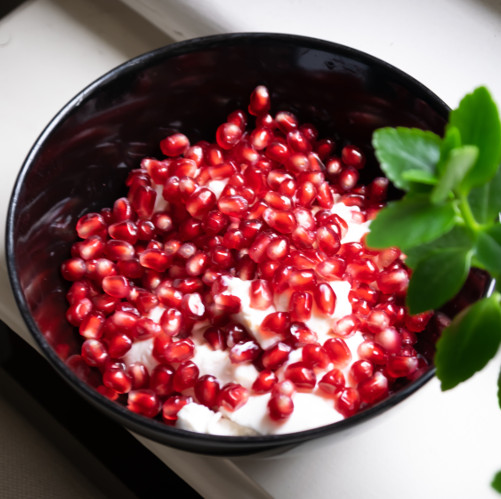
The self-healing nerve
The autonomic nervous system consists of the central nervous system (CNS), brain and spinal cord, and the peripheral nervous system (PNS), all other peripheral nerves. Our nervous system is the communicator between the body and the environment through sensory stimuli and impressions. There are voluntary (targeted movements) and involuntary (e.g. heartbeat, digestion) mechanisms. Today I'm more interested in the involuntary part. This in turn branches off into the sympathetic and parasympathetic part. The sympathetic is responsible for flight or fight, and the parasympathetic is responsible for rest and digestion. The vagus nerve (Latin for the wanderer) is the largest nerve in the parasympathetic nervous system and is currently making its grand debut in science. There is more and more evidence that stimulating this nerve stimulates self-healing powers. The vagus nerve stretches from the brain stem along the trachea through the chest area to the abdomen and branches off here to the internal organs such as the heart, lungs, kidneys, liver, digestive organs and genital organs. It also directs information from the organs back to the brain and influences our cognitive performance, our behavior and emotions. This is because it stimulates the release of messenger substances such as dopamine, serotonin, GABA, adrenaline, oxytocin and acetylcholine. Therefore it is particularly interesting for psychology and therapy. It makes the whole thing even more interesting if you look at the fact that the vagus nerve is one of the most important components of the gut-brain axis, i.e. the connection from the gut up to the brain. As we know, the gut has a major impact on our well-being, cognitive performance, behavior and emotions.
The self-healing nerve
I have collected a few examples that can occur when symptoms of a problem with the vagus nerve occur:
- Depression and anxiety
- Digestive problems and heartburn (not otherwise medically investigated)
- tiredness (fatigue) and exhaustion
- Chronic inflammation (such as in autoimmune or metabolic diseases)
- Cardiovascular system (e.g. with high blood pressure)
My book recommendation:
Accessing the Healing Power of the Vagus Nerve: Self-Help Exercises for Anxiety, Depression, Trauma, and Autism - Stanley Rosenberg
www.amazon.com/Accessing-Healing-Power-Vagus-Nerve/
Got you interested in the Vagusnerv? Take a look at the Polyvagal Theory by Stephen Porges
The Polyvagal Theory by Stephen Porges
Reference:
www.primal-state.de/vagusnerv/



